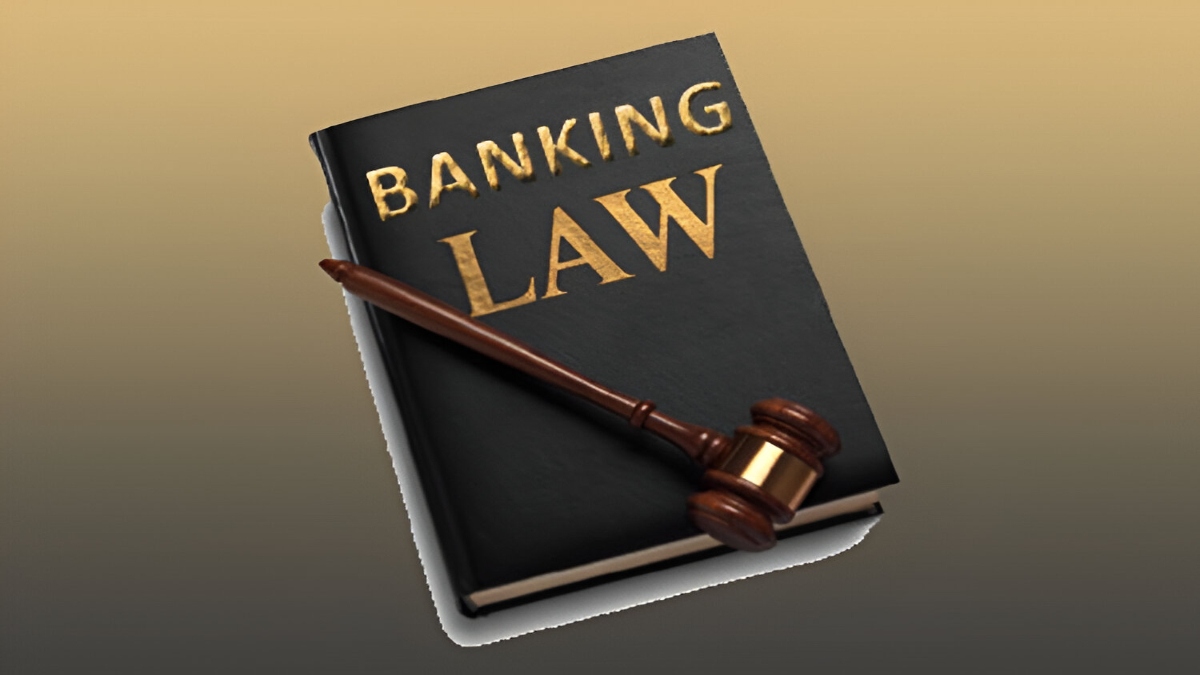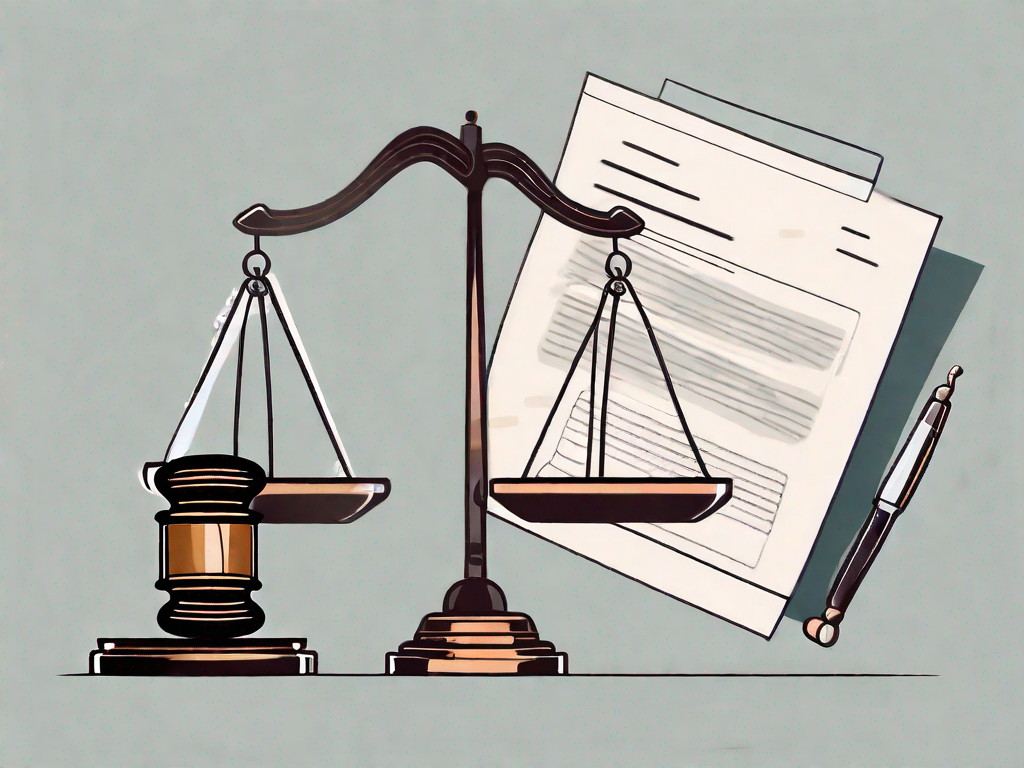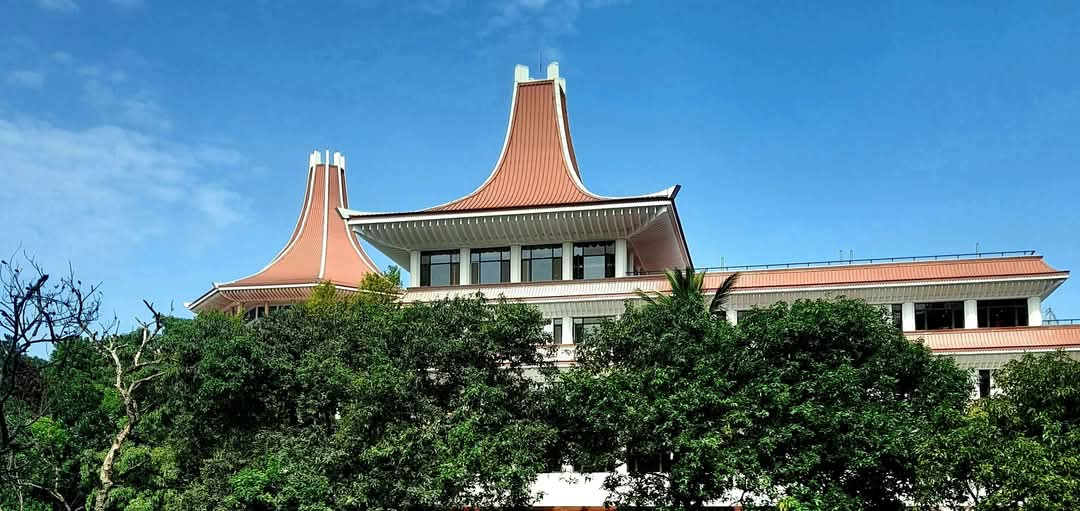The Supreme Court addressed the complexities of bank lien rights in scenarios involving third-party accounts
In Third-Party Deposits: SC Clarifies Banks’ Lien and Set-Off Rights

The Supreme Court recently clarified the rights of banks regarding liens and set-offs in cases involving third-party deposits. The case centered on a dispute between the Plaintiff Bank and the Defendant Bank over a deposit of 70 million held in the name of the Plaintiff Bank. The Defendant Bank claimed a right to set off this deposit against debts owed to it by a third party.
The Supreme Court addressed the complexities of bank lien rights in scenarios involving third-party accounts, underscoring the need for clear contractual agreements and that banks cannot impose liens or set-offs without definitive proof of a debtor’s beneficial interest.
“….What has been quoted above indicates that lien and/or right to set-off is available for a bank against another account or security of the same customer. A bank cannot hold the money of a customer or set-off credit balance in an account of such customer for debts of another customer. If a third person deposits his money in the account of the customer who has debt balance in another account, the bank may have the lien or right to set off that money as it is deposited in an account of the customer who has a debt balance in another account, but to hold the money deposited in an account of a third party or set off that money against debt balance of another person cannot be considered as allowed unless there is an agreement between the bank and the said 3rd person to such a set-off or holding of such money in security for that debt of another. Such an agreement entered between the Plaintiff and the Defendant has not been marked in evidence….” – Justice Amarasekara
The Supreme Court referred to the case- Saudi Arabian Monetary Agency v Dresdner Bank AG (2005) Lloyd’s Law Reports 12:
“…‘The question whether the banker, say A, is entitled to set-off a debit balance owed by B against the credit balance on an account in the name of C-on the grounds that C holds that account as nominee or trustee for B- turns on the contract between A and C. It is, I think, plain that that contract could provide that there were no circumstances in which A could set-off B’s debt against the balance on C’s account. Conversely, the contract could provide that A could set-off B’s debt against the balance on C’s account whenever A had reasonable grounds for a belief that B was beneficially interested in the monies in that account. But, if the contract is silent on that question, then- in the light of the decisions of this Court in Bhogal and Uttamchandami- the rule is that stated by Mr. Justice Scott in the Basna case; “a bank is not entitled to refuse payment of money deposited with it on the basis merely of an arguable case that some other debtor of the bank has an equitable interest in the money”.If it is thought necessary to seek some jurisprudential basis for that rule, then it can be found either in the need to imply a term to that effect into the banking contract between A and C in order to give business efficacy to the relationship of banker and customer; or in the proposition that, where the existence of the equitable interest is not clear and indisputable, equity will not override the clear rules of law on which bankers and customers habitually deal with each other…….” – Justice Amarasekara
“Duty to Respond in Business Correspondence Except Begging Letters”
“…Dias, J. in Saravanamuttu V De Mel 49 N L R 529 at 542, held that, “In business matters, if a person states in a letter to another that a certain state of facts exists, the person to whom the letter is addressed must reply if he does not agree with or means to dispute the assertions. Of Course there are exceptions to this rule. For example, failure to reply mere begging letters when the circumstances show that there was no necessity for the recipient of the letter to reply can give rise to no adverse inference against the recipient….”
CASE NO: S.C. (CHC) APPEAL NO. 22/2010 [Decided on 08.08.2024]
Before: Vijith K. Malalgoda, PC, J. P. Padman Surasena, J. E. A. G.R. Amarasekara, J.







